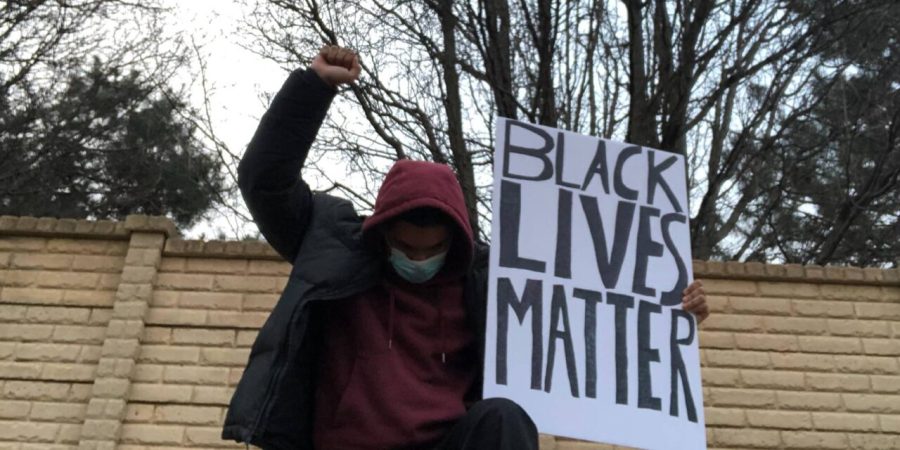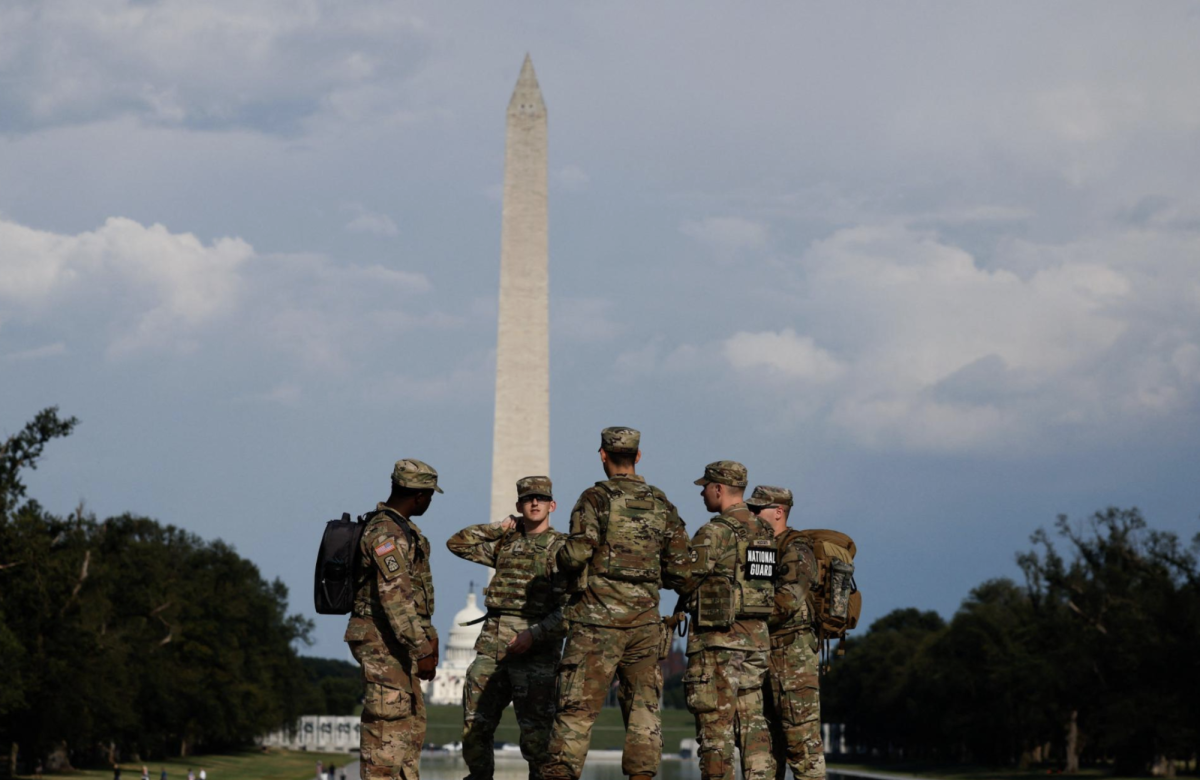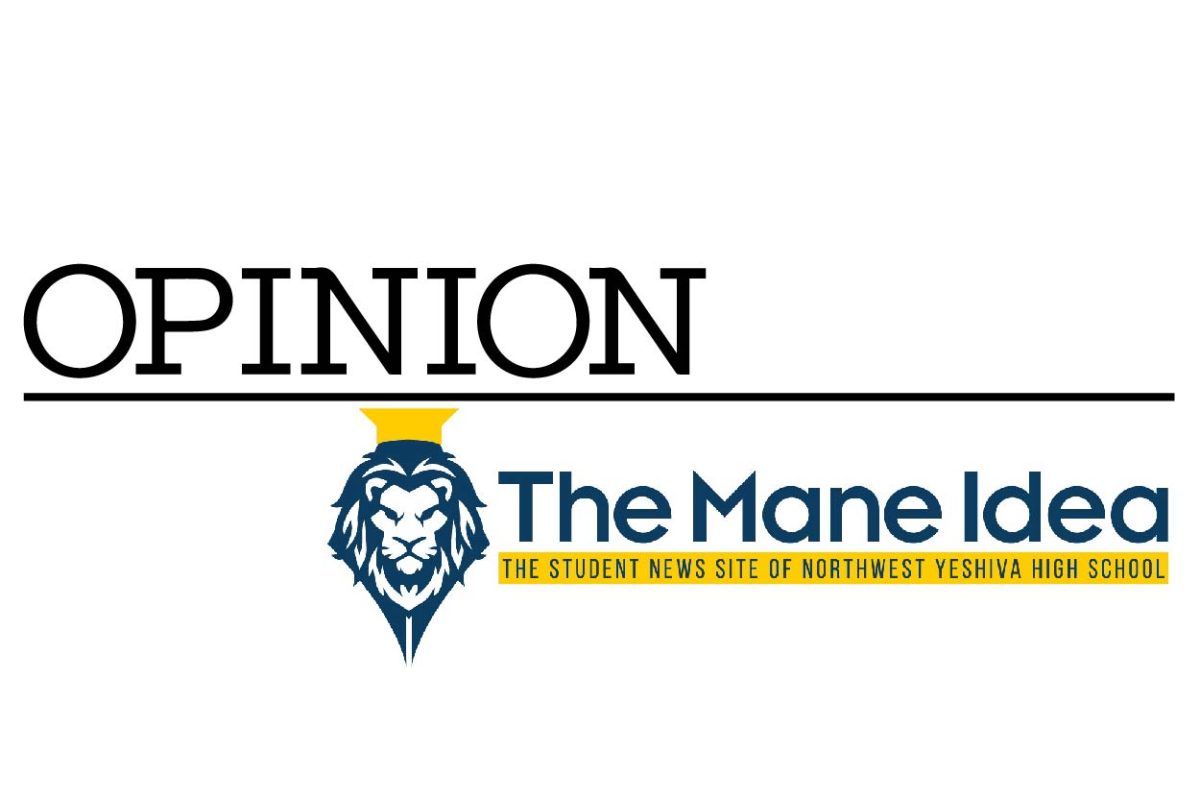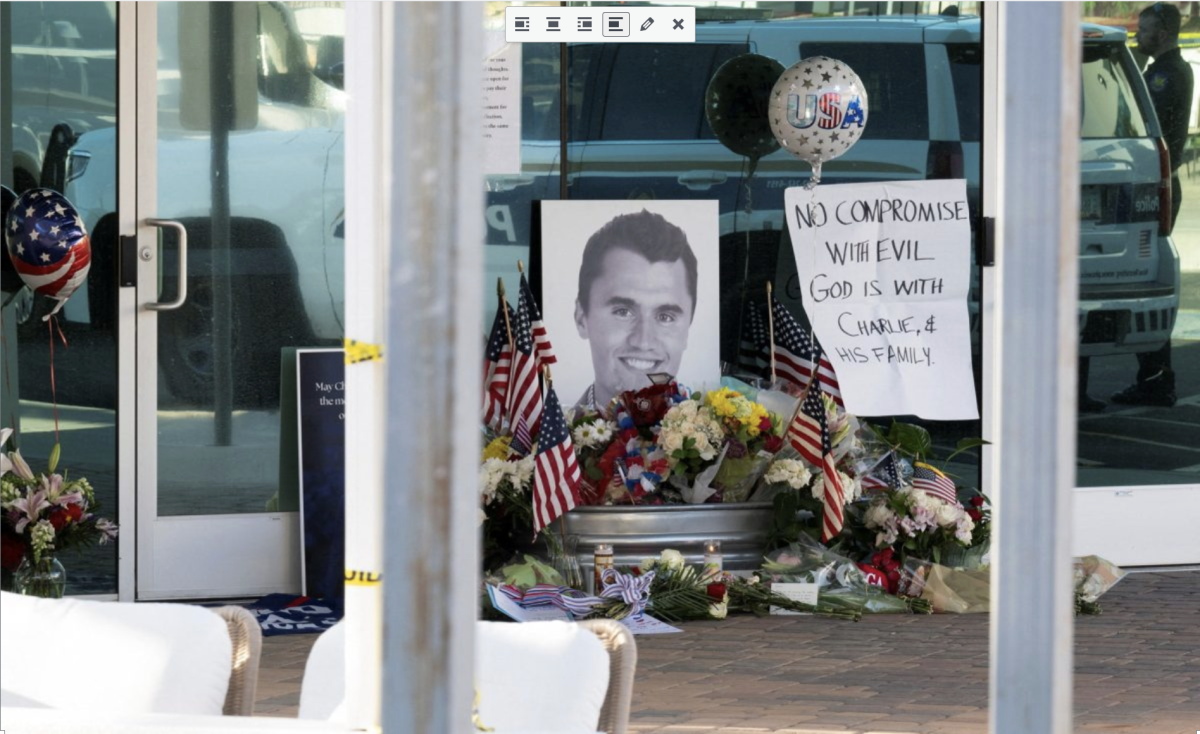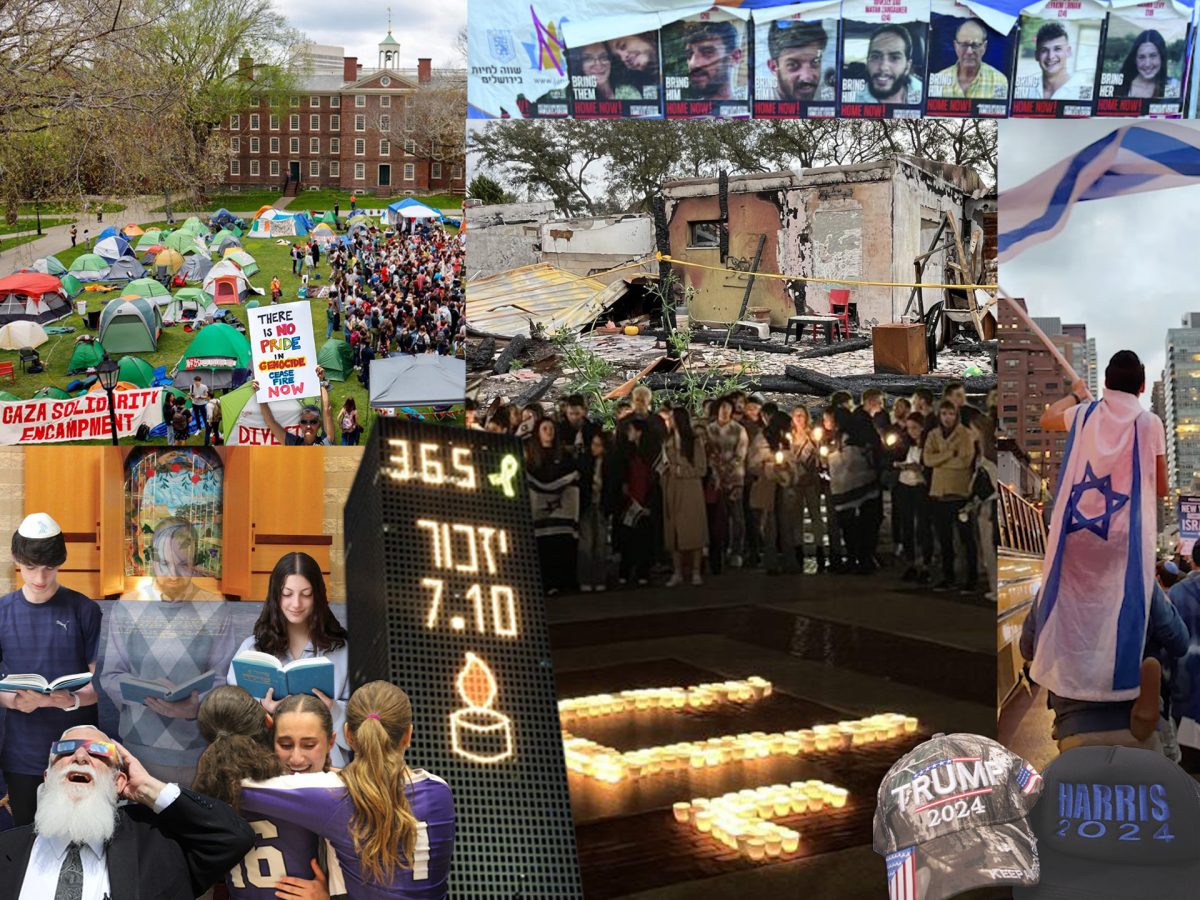2021 is finally upon us and that means the sorry excuse for a presidential administration is over. I don’t have a problem with President Trump because he is a Republican (or so he claims). I have no qualms about civilized political discourse. But calm conversation was thrown out the window four years ago. I can see why Americans voted for him in 2016. Truly, I can. There are those in America who feel that they are disenfranchised and not being properly represented in government, and here comes a man of the people, a reality TV star, and businessman who seemingly represents this same group.
How do they think Black people feel about being unrepresented?
I believe that Trump was elected for a much simpler reason. America as a country was responding to two terms of a Black president, and the election of Trump was the whiplash response to that event. This country’s reckoning with its past history is really only just beginning, but Trump had exploited it, and it propelled him all the way to the presidency. Though certainly not the first president to prey on racist and nativist fears, he is the contemporary example of how overt racism is in America. He advocated for the execution of the Central Park Five in 1989, five Black and Latinx men wrongly convicted of raping a jogger. For years, he touted the false birther conspiracy that President Obama was not born in America. He reached out to people with these fears in mind, through his usage of social media, and he encouraged them to speak their minds freely without regard for the consequences. I should know. These same people have been unapologetically vocal in their opinions on racial justice and what they think is best for Black people without bothering to ask. But now those Americans who believe there is a better way forward than division are left to deal with the consequences.
No one can dispute that Trump’s impact on America will have reverberating effects for years to come, leaving his office with a legacy of broken relationships. Now, our priorities are regaining our status as a world leader, the trust of our allies, and to show through our actions and our words to the world that Trump did not represent America as a whole. However, the majority of America’s problems, the COVID-19 pandemic notwithstanding, are domestic. America has not been this divided in a long time. We are currently in the midst of a war between truth and lies, and the line between the two have been blurred. The Capitol was recently the battleground for this conflict. Spurred on by Trump, his supporters, conspiracy theorists, and right-wing extremists stormed our home of democracy in an attempt to overturn the results of a democratic election.
This was the wake-up call for all of us, that enemies to American democracy might be in your school or place of work. This is not Orwellian paranoia, but visibly apparent. Representative Marjorie Greene, a QAnon supporter, has said that the wildfires on the west coast in early 2020 were caused by a Jewish space laser, and has advocated that Democratic lawmakers should be executed.
For four years the highest office in the land was feeding citizens vitriol encouraging them to act out in violent ways. Whether he explicitly said it or not is irrelevant because the outcome has been the same. According to a 2020 study from the Center for Strategic and International Studies (CSIS), a bipartisan think tank based in Washington DC, right-wing extremism poses one of the greatest threats to America today. Think back to the Tree of Life shooting in Pittsburgh in 2018 where Jews were killed, or the El Paso shooting in 2019 that specifically targeted Latinx people based on anti-immigrant rhetoric espoused by Trump. The evidence is clear: domestic terrorism and intimidation was the culmination of four years of being fed incendiary falsehoods that resulted in this outcome. This was the straw that broke the camel’s back.
Four years ago, I too realized something was wrong. Even a young seventh grader could see that there was something severely different and base with the election of Trump. Though I didn’t know it yet, it would be the beginning of my deep-dive into American history and politics. I have vehemently argued with many people I know about Trump administration policies and rhetoric, and have lost people who I thought were my friends over it. Powerlessness is by no means unique to me, I could not possibly mean that as an upper middle class American, but it certainly felt that way. I came to the conclusion that though I cannot resolve gridlock in Congress, I could make my voice heard. Eventually, it would lead me to begin writing for this paper. I’ve even spoken on a podcast about what challenges the Jewish community faces. This is all in the hope I could feel that not only was I contributing a fresh perspective, but hoping to show that there is yet hope for a better future for all Americans.
I have been often asked why I seek to know so much about the history of this nation that is not commonly characteristic of someone my age. My friends have asked me, “why do you just know so much?” While yes, one part of me is just simply captivated by it all, but another part of me doesn’t have much choice in the matter. My identity as a Black man doesn’t allow me to be naïeve or blissfully ignorant about what is happening around me locally, nationally, and worldwide. In an ideal world, I wish I did not have to be. But this is not an ideal world. It does not take a visionary or genius to see that the murder of George Floyd, Breonna Taylor, and so many others did not happen in a vacuum. Mass incarceration based on race is not an anomaly. Poverty is not just a have-and-have-not problem. It all traces back to 1619 when the first African slaves were brought to the English colony of Virginia in chains.
Since then, Black people’s existence in the western hemisphere has been fraught with tragedy and oppression. Nothing, not even freedom, was a guarantee. Such is the case now, in 2021. We have now seen our first woman of color, Kamala Harris, elected to the office of vice president. It is indeed a remarkable achievement. And yet, I cannot help but be reminded of the fact that there have only been 11 Black senators to serve out of 1,314 senators who have served since 1789. The struggle towards justice may very well never be done, but systemic racism cannot be dismantled if you can’t even see the problem as systemic.
Dr. King wrote in his “Letter from Birmingham Jail” that the greatest obstacle to civil equality is the “white moderate.” I believe this to be true. Black people are not responsible for our own discrimination. Only a hardline approach, outright condemnation, and most of all, action, is how racism in America can be begun to be dismantled. Action needs to come from all people, but specifically white people since they have historically been responsible for the perpetuation of institutionalized racism in America.
But what does action look like? It’s more than just posting a black square on Instagram, or claiming that you’re not racist. White people must be vocal allies nationally, but also locally. I know that if I had such allyship in the past, it would have been a chorus of united voices against one disjointed person. This applies just as much to my generation as it does to adults of older generations. Once is not enough, one uncomfortable conversation is not enough, watching one documentary is not enough. This is an ongoing process for all of us, and I will admit, learning and advocacy has improved, but not nearly in enough places or from enough people.
The Jewish community in America needs to step up too. We should all know very well what it means to be discriminated against. It wasn’t that long ago that both Dr. King and Rabbi Abraham Heschel marched together in Selma. However, solidarity in the past does not mean that you’re given a pass in the present. Today, our two communities’ relationship has been tenuous at best. Divisions have emerged between ourselves over the Black Lives Matter organizational stance on the Israeli-Palestinian conflict and its view that Israel is an oppressive and colonial state. But it is merely an organization, not a movement, and political alignments should not be chosen over one issue. It’s how we can look past these issues and find common moral ground that matters.
So, what does it mean to be Black and Jewish in 2021? It means to be angry, to love life, to struggle, to succeed. All of these feelings and desires encompass my being. For the last four years, I’ve come to challenge and even outright despise the institutions that so many people here and the world over revere. The last four years have not felt like government, but a farce where the punchline just isn’t funny. But, the people have spoken. In his inaugural speech, President Biden said that “the American story depends not on any one of us, not on some of us, but on all of us.” Not one of us exists individually, and we are all part of the same collective conscience. Biden has pledged to be a president for all Americans, irrespective of party alignment or who they voted for and to heal a fractured America. I’ll hold him to his word, but in the meantime, I will do what all those who came before me have done: put in the work to shape a better world than the world we live in now. The road ahead is rocky and uncertain. But the path forward is there, if we can only all come together to pave it.
Originally published in RampageWired on Feb. 17, 2021.
This story won First Place in the 2022 Jewish Scholastic Journalism Awards in the category: “Opinion: First-person opinion or first-person experience regarding Judaism, Jewish culture or identity, or Israel, or any Jewish or Israel-related story.”
JSPA Judges’ Comments: An honest commentary on an important topic, considering current politics from the distinct point of view of a Black, Jewish man, written with passion and with intelligence, making an argument for the collective good.
